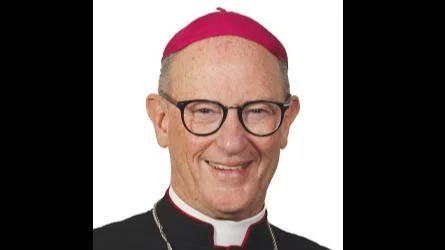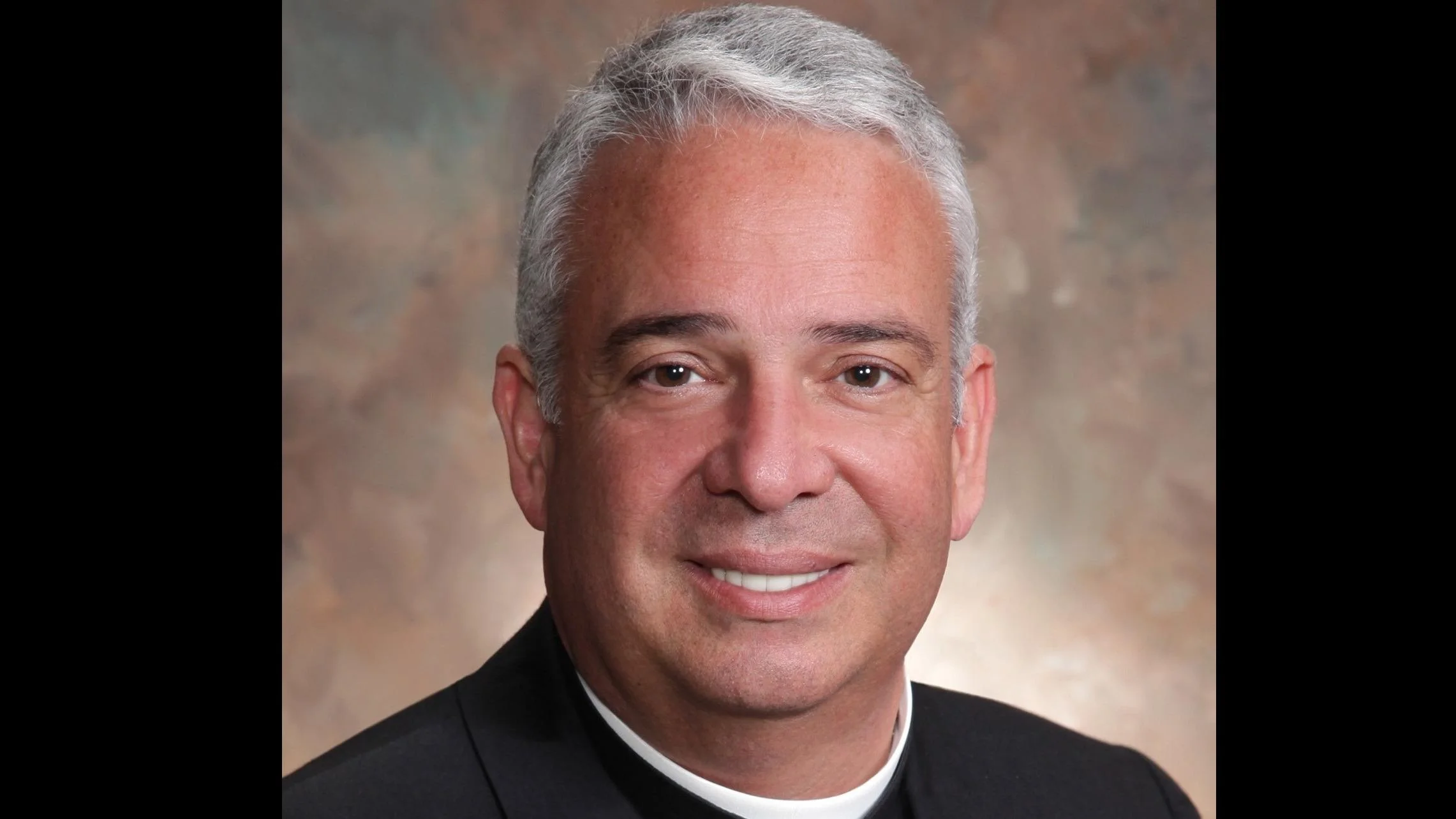
Rev. James D. Conley, D.D., S.T.L. | Diocese of Lincoln website
Prophecy in the Catholic tradition is understood as a gift from God, intended to reveal hidden or future things, or present matters unknown, for the benefit of others. According to the Catholic Encyclopedia, this gift can manifest in two forms: “perfect” prophecy, where it is clear that God is speaking through the prophet, and “imperfect” prophecy, which comes with less certainty.
The history of Christianity includes many examples of perfect prophecy, such as those seen in Old Testament figures like Elijah and Jeremiah and New Testament individuals including St. John the Baptist, Simeon, and Anna. The Apostle Paul encouraged early Christians not to dismiss prophetic utterances but instead to test them and retain what is good. As stated in 1 Thessalonians 5:20-21: “Do not despise prophetic utterances. Test everything; hold fast to what is good.”
Imperfect prophecy often appears within charismatic groups in the Church. It typically involves asking God for a message of encouragement for someone else. Those who practice this form seek feedback from recipients about whether the message resonates with them. If it does not, participants are reminded that this should not cause concern and that God's love remains constant.
Problems can arise when spiritual gifts are misused or manipulated for personal gain or if their source is not God. Using spiritual gifts selfishly or attempting to draw on sources other than the Holy Spirit constitutes spiritual abuse or occultism rather than true prophecy. St. Paul also warned that without love—described as “the greatest of all spiritual gifts”—prophecy loses its value (1 Corinthians 13:1, 13).
Abuses related to prophecy may lead some people to reject all prophetic experiences entirely—a response cautioned against by St. Paul in his letter to the Thessalonians.
Discernment is recommended as a way forward when evaluating purported prophecies within a faith context. A key guideline is determining whether a message fosters greater love for God and others rather than promoting self-centeredness. Additional criteria include consistency with Christian teaching and evidence of positive spiritual fruits such as peace and patience.
These principles serve as foundational tools for Catholics seeking to understand whether claimed prophecies align with their faith tradition.






 Alerts Sign-up
Alerts Sign-up